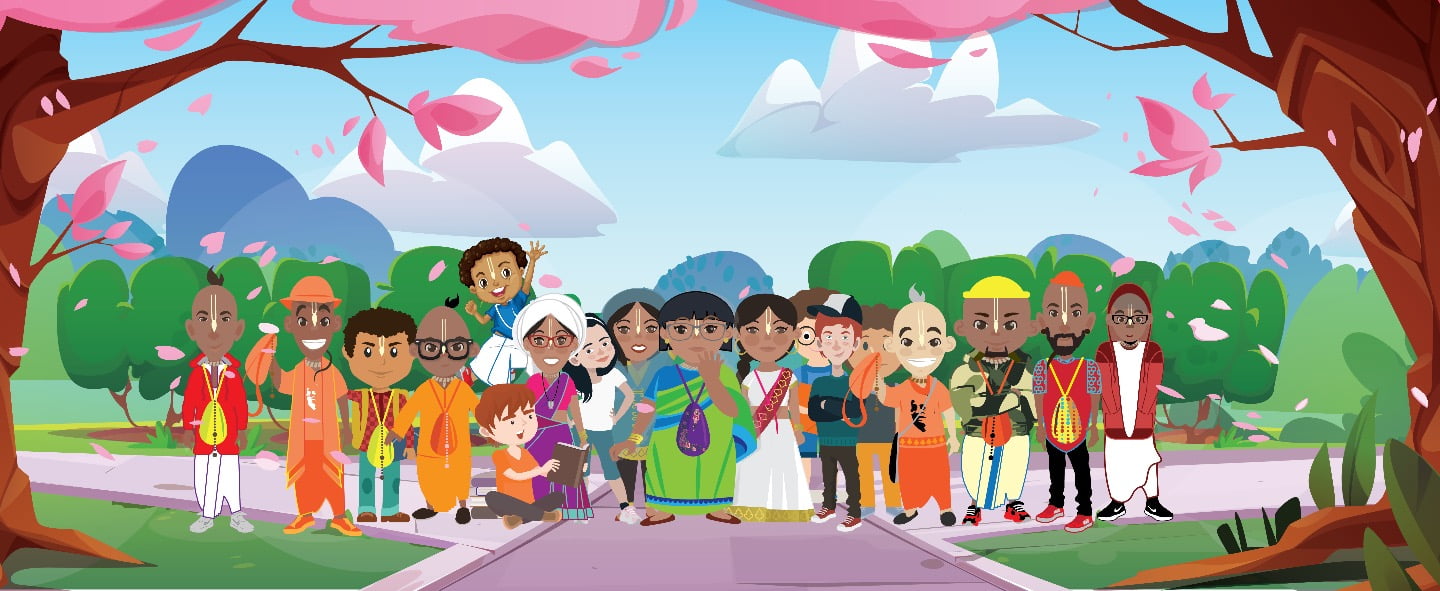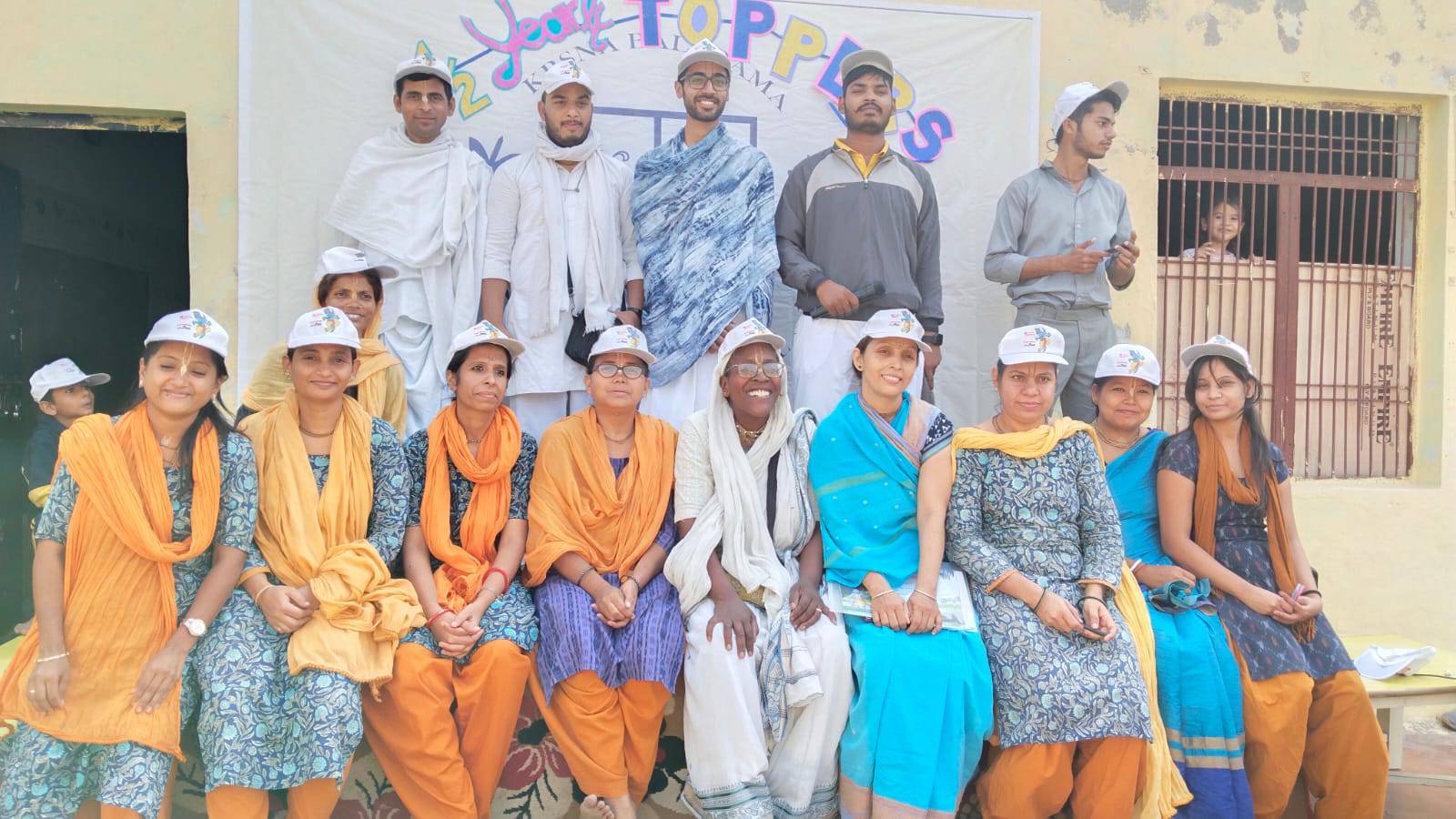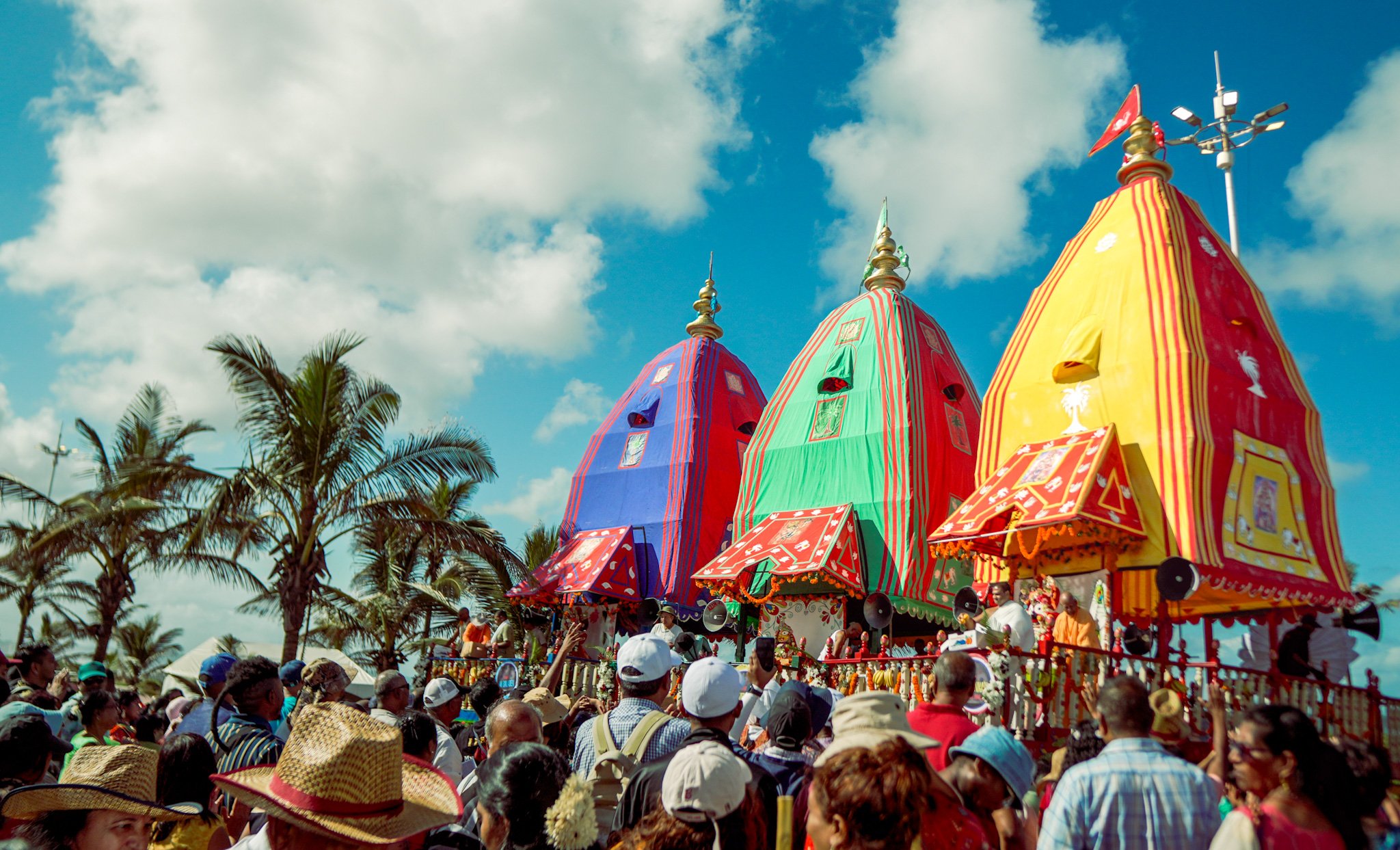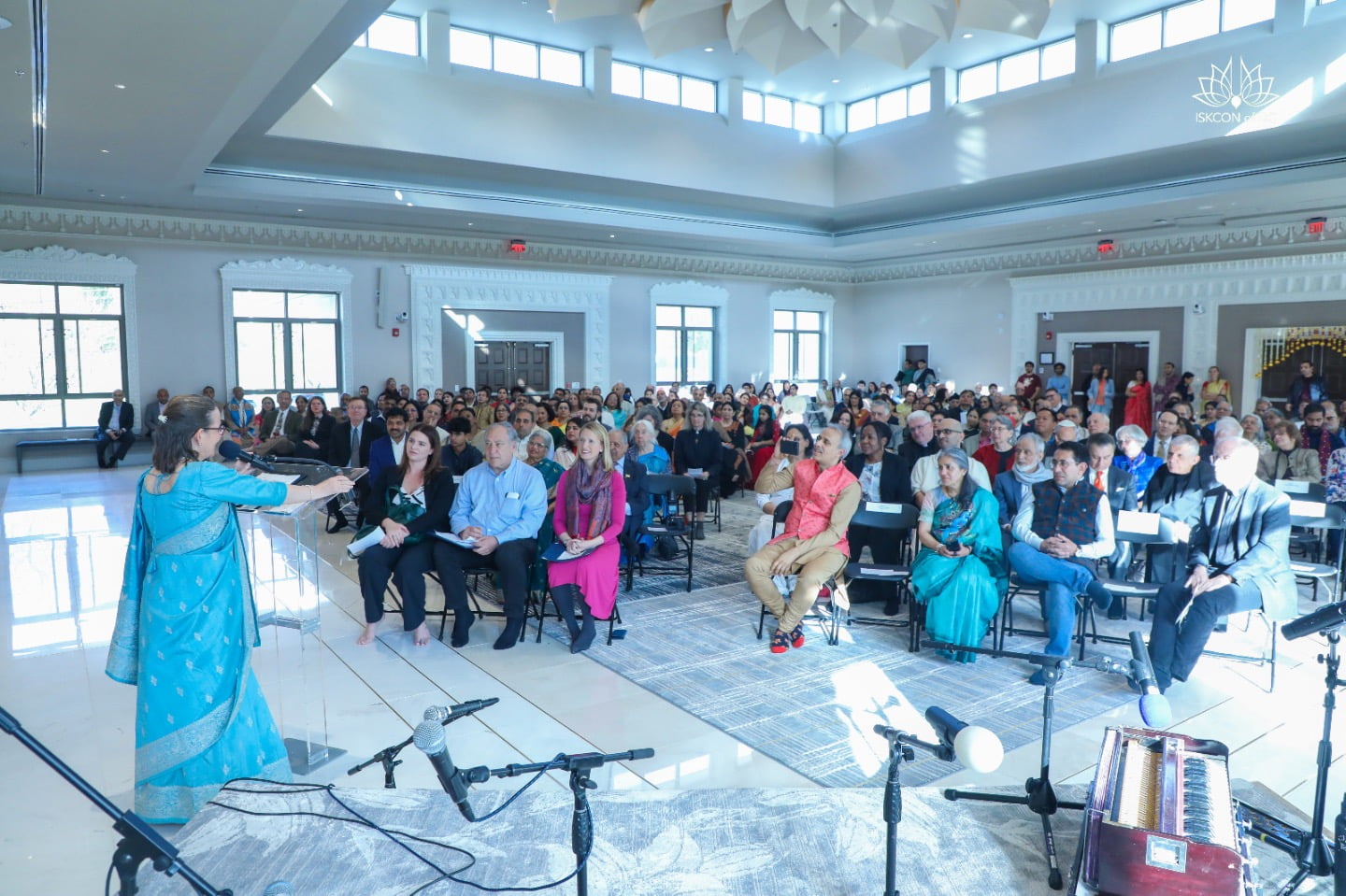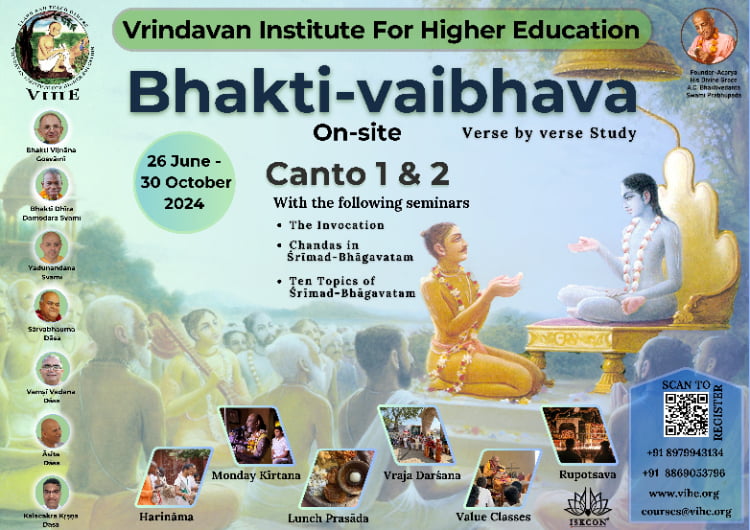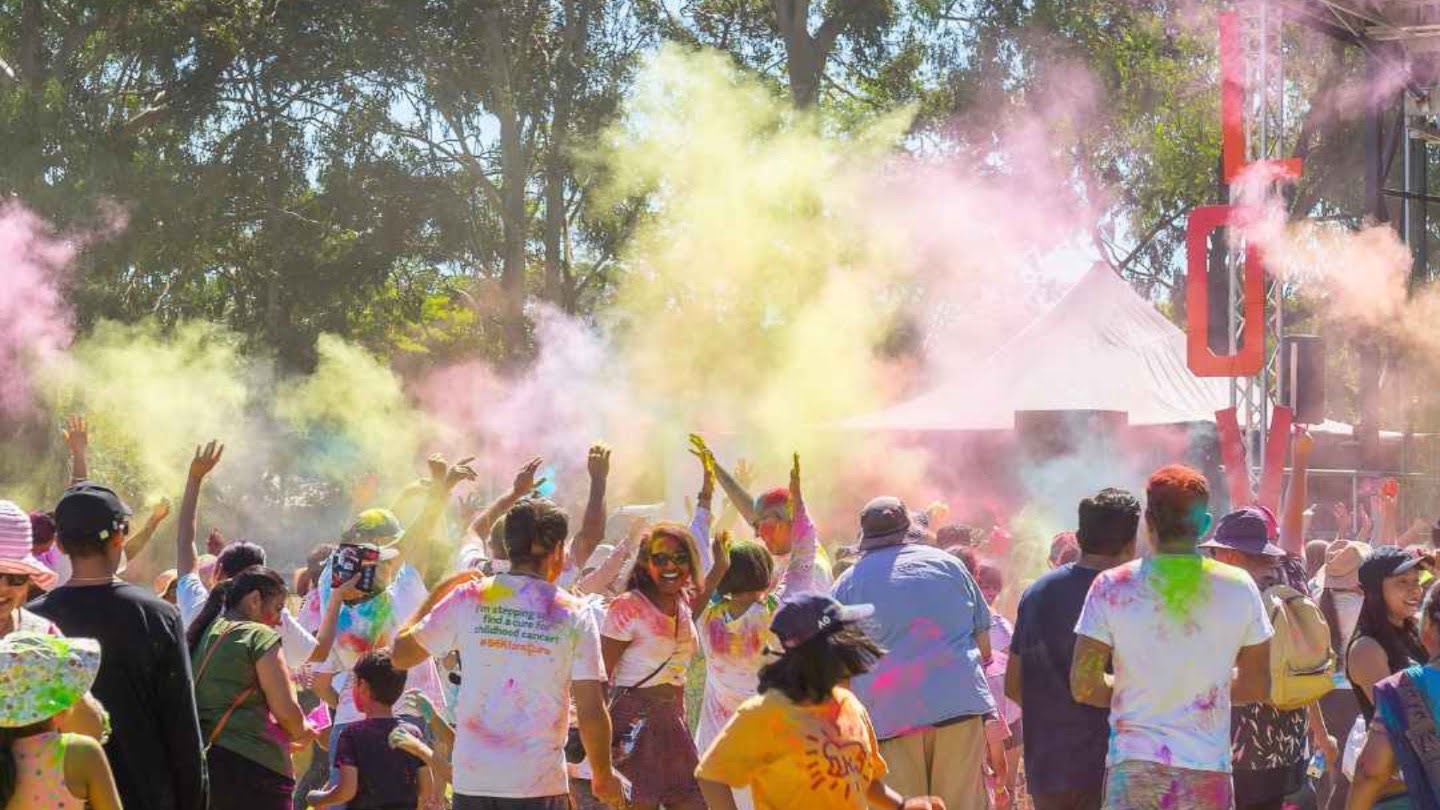Nemesis in a Bag of Peanuts
By Kripamoya Das | Feb 18, 2015
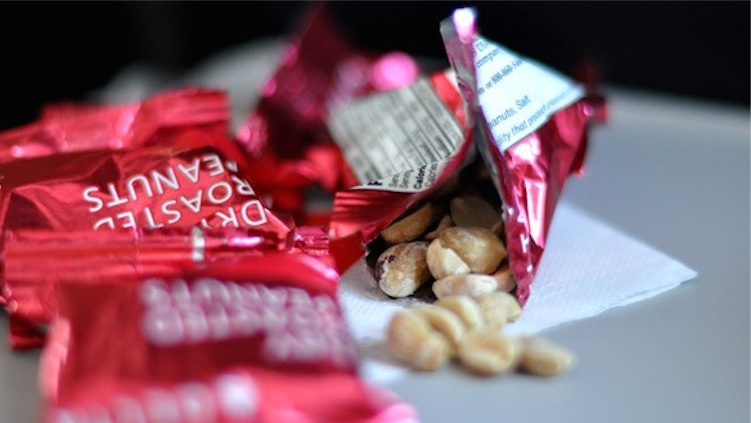
I’m afraid I laughed at the misfortunes of another human being this morning. Its not a Vaishnava quality to laugh at others, I know, and I should be much more compassionate. I’m sorry.
The subject of my laughter was Mrs. Cho, the daughter of the Korean Airways CEO, who ordered the plane she was on to be turned around from the runway and one member of the cabin crew ejected for failing to serve her peanuts on a plate. Apparently she also forced him into kneel in apology before her. Now she is the one who is being forced to bow, as the judge has sentenced her to one year in prison for violating air safety law.
How do people get so above themselves?
The great king Yudhisthira was once asked a series of riddles: “What is it that, when you abandon it, the whole world loves you?”
“Pride,” the king replied correctly.
“And what is that, when you lose it, you become happy instead of sorrowful?”
“Anger.”
“What is it that, when you give it up, you become rich?”
“Desire.”
That question and answer dialogue may be 5,000 years old but the rules still apply today. The notion of having power over others may provide a temporary gratification, but it starts to unravel pretty soon. Real happiness – and I’m speaking here of ordinary happiness within the world – comes when you are loved, and love comes to you when you think of others first, thinking of their happiness before your own.
Ordinary logic dictates that if you are powerful, then others will serve you, and that they should serve you, so the best course of action is to cultivate power, and specifically power over others. But that only leads to power being the one commodity everyone aspires for, which leads to power struggles. People will serve someone with power often because they want the same power or possessions. It is a service based on selfish aspiration, envy or political flattery.
In Vedic circles, being very highly placed in society then falling to a low position is known as yoga-bhrasta, a hubris followed by a nemesis. Its painful when it happens, but Nature provides us all with these precious opportunities so that we can reform ourselves and develop the key that will open the door to the highest heaven: Humility.




